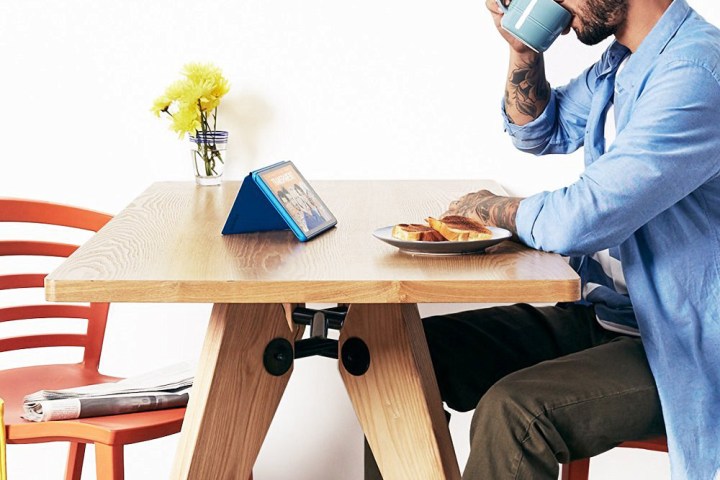
It’s a steep decline for a product that once seemed to represent a new standard. The iPad, which made its debut in 2010, was one of the hottest pieces of tech available for some time, but the fervor around the iPad and its category as a whole has since died down.
“The rate at which the tablet market grew from 2010 to 2013 was unlike many other consumer-oriented device markets we’ve seen before,” Ryan Reith, program vice president with IDC’s Worldwide Quarterly Mobile Device Tracker, noted. “However, it appears for many reasons consumers became less eager to refresh these devices, or in some instances purchase them at all.”
We should clarify that there are two kinds of tablets, one of which is outperforming the other. While keyboard-less tablets (think giant smartphones) are in what IDC describes as a “steep decline,” devices that have detachable keyboards and therefore closely resemble laptops are actually doing quite well. In fact, these types of detachable-keyboard tablets could give computers a run for their money.
As Linn Huang, research director, Devices & Displays at IDC, pointed out, “A long-term threat to the overall PC market lies in how the market ultimately settles on the detachable [tablet] versus convertible [laptop] debate.”
The top five tablet makers of the first quarter of 2017 were Apple, Samsung, Huawei, Amazon, and Lenovo, and of these five, only Huawei saw an increase in shipments. So what gives? According to IDC, “We continue to believe the leading driver for this was the increased dependency on smartphones, along with rather minimal technology and form factor progression.”

